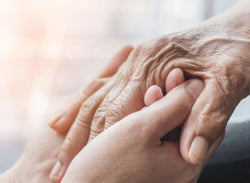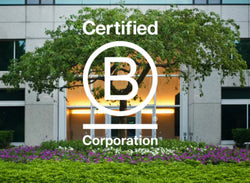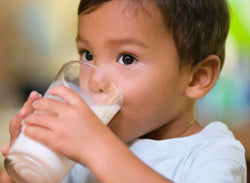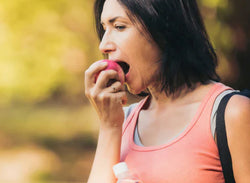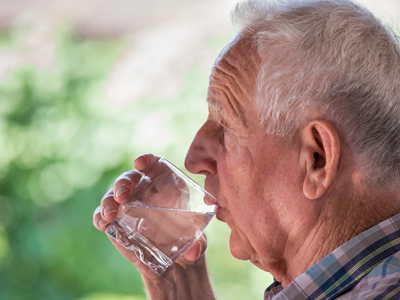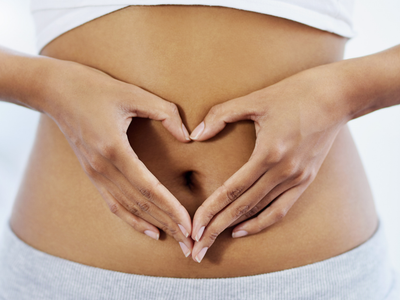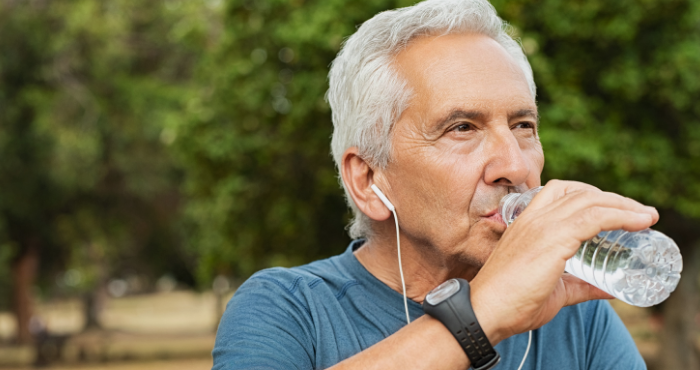
To support Malnutrition Awareness Week, we’re putting the spotlight on the importance of hydration in the elderly and older adults. In this article, we look at fluid requirements in older adults, risk factors and consequences of dehydration as well as practical strategies; helping you to help your patients stay hydrated.
Introduction
Supporting older adults with hydration should be a priority for all healthcare professionals. Around 30% of older adults living in care-homes are thought to be dehydrated, which can lead to serious health problems.¹
Symptoms of dehydration
The symptoms of dehydration can vary and depend on the severity. In mild to moderate dehydration, common symptoms may include:²
- Tiredness and fatigue
- Increased thirst
- Headaches
- Light headedness
- Fainting
- Dry mouth
Consequences of dehydration in older adults
Despite being largely preventable, dehydration in older adults can lead to serious health problems. For example, research has shown that dehydration is associated with increased risk of falls, frailty, pressure ulcers and urinary tract infections.¹,³,⁴
Older adults are particularly susceptible to the cognitive effects of dehydration — a major risk factor for delirium (which is common in older people with dementia). ⁵
Causes of dehydration in older adults
There are many factors which influence a person’s risk of dehydration. These include:¹,³,⁴
- Certain medications can increase fluid loss e.g., diuretic medications
- Cognitive impairments e.g., dementia patients forgetting to drink
- Fear of incontinence may mean that some older adults intentionally reduce their fluid intake
- Increased loss of bodily fluids (e.g., due to fever, vomiting, diarrhoea)
- Sensation of thirst decreases with age
- Reduced appetite (and subsequent reduced intake of fluid via food)
Hydration requirements
As a rule-of-thumb, the Parenteral and Enteral Nutrition Group (PENG) recommends a fluid intake of 25-35ml/kg bodyweight/day in healthy adults.⁶ This aligns with recommendations from the European Food Safety Authority (EFSA), which considers an adequate fluid intake to be 2.0 L/day fluid for women and 2.5 L/day for men of all ages.⁷
The European Society for Clinical Nutrition and Metabolism (ESPEN) advise that we don’t need to drink our entire daily fluid requirement – food sources of hydration also count. Although, around 80% of our fluid intake tends to come from drinks, so ESPEN recommend that women consume 1.6L/day of fluid, and men consume 2L/day in additional to their daily diet.³ In terms of household cup measures, this equates to 6-8 mugs of fluid daily.
It’s important to reiterate that fluid requirements are highly individual and should therefore be determined on an individual basis. For example, fluid requirements increase in those with pyrexia (raised body temperature) or vomiting and diarrhoea.³
Some people wrongly assume that water is the only beverage which counts towards our daily fluid intake. However, ESPEN advise that a range of hydrating drinks should be regularly offered to older adults according to their preferences. These include water, sparkling water, juice, milky drinks, soups or smoothies.³
Helping your patients to stay hydrated
There are simple ways that we can help our patients to stay hydrated. The following strategies may be useful to share with patients, carers and their relatives.
- Remember all fluid counts; find out the person’s preferred drink and provide these regularly
- Serving drinks at room temperature isn't all that enticing, so try getting a little adventurous. For example, you could encourage relatives or carers to add some elderflower cordial and ice to the patient’s water jug to make it more palatable
- Offer tea or coffee alongside a glass of juice at breakfast
- Provide a warm milky drink at bedtime (e.g., hot chocolate or a malted milk drink)
- Blitz some fruit, ice cream and milk to make a refreshing smoothie. This is a great way to add some additional energy and protein for patients at risk of malnutrition
- Always offer a drink at mealtimes
- Leave a jug or refillable bottle of chilled water in an easily visible and accessible place
- Encourage older adults to incorporate hydration into their social activities. Suggest taking the older person out for coffee and cake! Or start a monthly afternoon tea club on the hospital ward/in care homes
- If an older adult has memory difficulties, gently prompt them to drink by leaving reminders around the kitchen (e.g., sticky notes on the fridge)
- Don’t forget that there is fluid found in certain foods too, which counts towards their daily target. Offer hydrating foods including some vegetables, soups, ice-lollies, yogurts, ice cream, fruits, and jelly.
As part of UK malnutrition awareness week 2021, the national hydration network (NHN) will be talking all things hydration at their virtual annual conference on Wednesday 17th October. Register here - It’s free to attend and will be recorded in case you miss it.
- ◄References:
-
- Hooper L, Bunn D, Jimoh F, Susan and Fairweather-Tait J et al. Which Frail Older People Are Dehydrated? The UK DRIE Study. The Journals of Gerontology: Series A. 2016;(71)10:1341–1347. [Internet]. Available from: https://doi.org/10.1093/gerona/glv205
- NHS. Dehydration. 2019. [Internet]. Available from: https://www.nhs.uk/conditions/dehydration/
- Volkert D, Beck AM, Cederholm T, Cruz-Jentoft A, Goisser S, Hooper L, et al. ESPEN guideline on clinical nutrition and hydration in geriatrics. Clinical Nutrition. 2019;38(1):10-47. [Internet]. Available from: doi: 10.1016/j.clnu.2018.05.024.
- Bunn D, Hooper L, Welch A. Dehydration and Malnutrition in Residential Care: Recommendations for Strategies for Improving Practice Derived from a Scoping Review of Existing Policies and Guidelines. Geriatrics. 2018;3(4):77. [Internet]. Available from: doi:10.3390/geriatrics3040077
- Lawlor P. Delirium and dehydration: some fluid for thought? Supportive Care in Cancer. 2002;(10):445–454. [Internet]. Available from: NHS. Dehydration. 2019. [Internet]. Available from: https://doi.org/10.1007/s00520-001-0334-z
- The Parenteral and Enteral Nutrition Group (PENG) and the British Dietetic Association (BDA). A Pocket Guide to Clinical Nutrition: 5th Edition.2018
- European Food Safety Authority. Scientific opinion on dietary reference values for water. EFSA Journal. 2010;8(3):1459. Available from: doi.org/10.2903/j.efsa.2010.1462.

